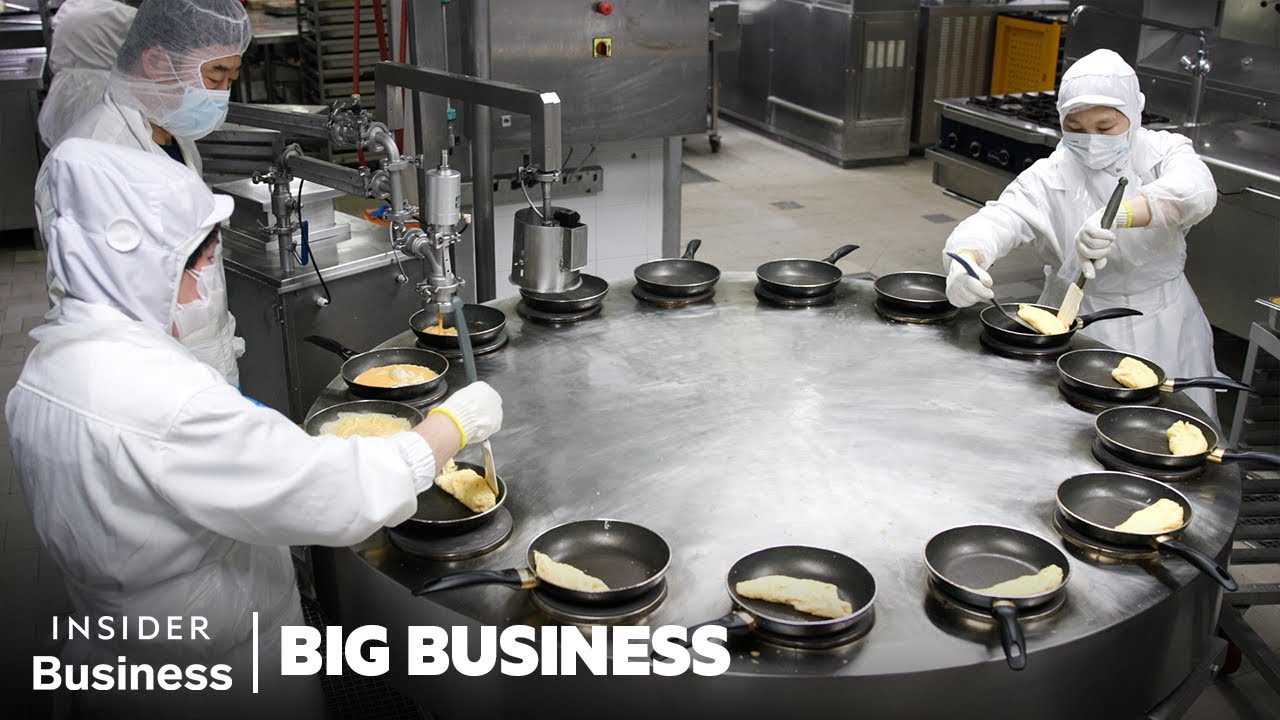We’ve seen emergence of cloud kitchens recently, specifically thinking of companies like Rebel Foods, but even in the few images that Rebel Foods publishes, it doesn’t look like the typical factory streamlined process. This video is one of the few things I could find, and even then I had to go out of my way to find it. Developments like these would really strengthen the working class by dropping the value of food.



Food that’s non perishable is already mass produced. Spam, tuna, beans, rice, sardines, pickles, jam/jelly, iced creams, beer, etc.
Food that’s perishable shouldn’t be industrialised. At the very least not in the way car manufacturing or newspaper printing are.
You create a factory that pushes out caviar omelettes en masse with a shelf life of 12 hrs, you’re either going to have masssive losses or wastage very often or you’re not meeting demand. This won’t lower the value of food and probably won’t strengthen the working class.
Even if it’s just, say, scrambled eggs, and you have exact knowledge of how many customers you will have (say, you’re the only food source in a factory/mine/offshore oil rig), wastage with uneaten food would be fairly high. If you’re not feeling well and you’re not hungry and don’t want a can of tuna with some rice, don’t get it, it’s still good. If you’re not hungry but the chef’s have already prepped hot food accounting for you on this oil rig, it’s going in the trash.
In a civilian restaurant, the whims of the weather, price of fuel that particular week, or a cancelled event in town could mean your scrambled eggs are sold out one day and 99% unsold the next.